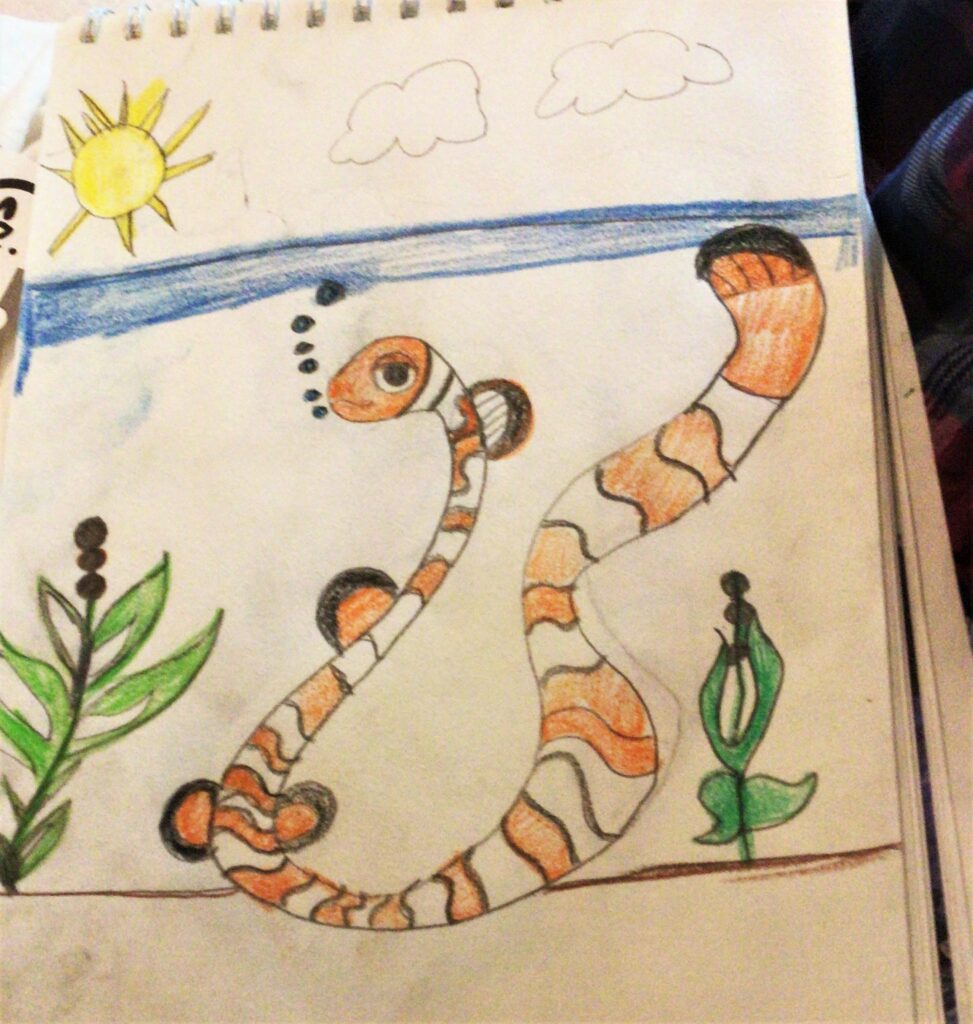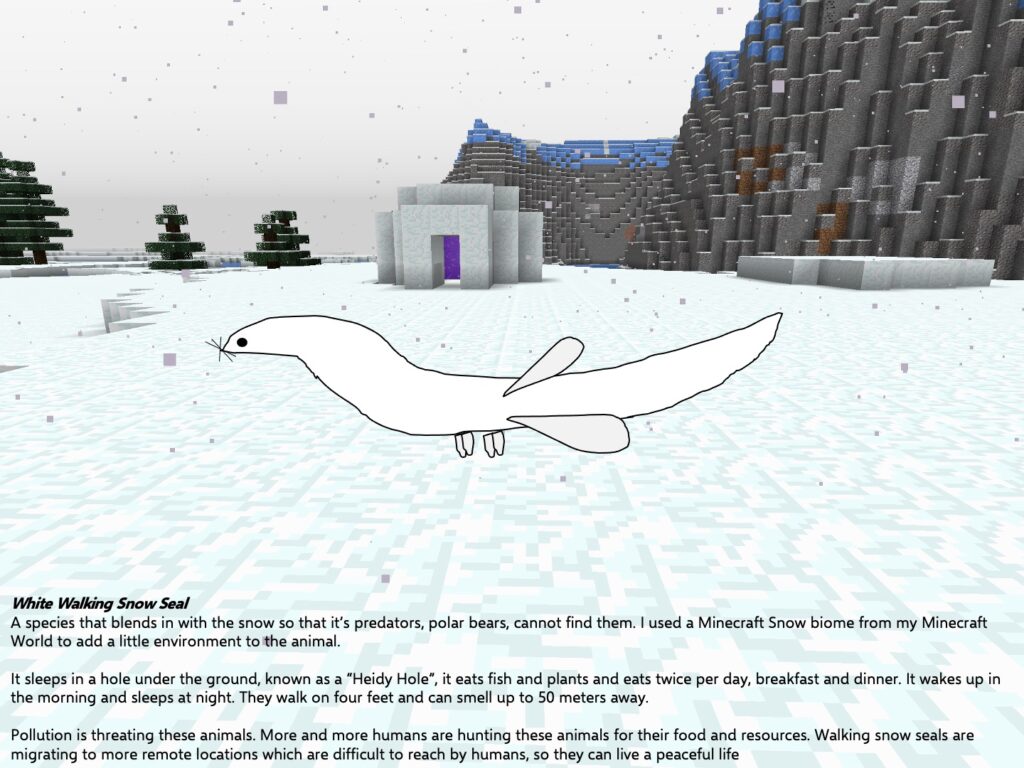One of the major topics in our Critical Thinking through Science course is adaptation in the animal world – how animals evolve and adapt to changes in their environment.
It’s a process that takes place over many generations, in all kinds of different ways: Giraffes have long necks so they can reach leaves in the very tall trees of their African habitat. Polar bears actually have two layers of fur, extra insulation for life in the Arctic north. And camels have an extra, transparent, eyelid that keeps out desert sand but allows them to see where they are going.
(Humans have adaptations too! We can walk or run longer than any other creature, for instance. Plenty of animals can run faster, but none of them could handle jogging. That ability is one of the reasons we’re here today; early humans could chase a wooly mammoth until it collapsed from exhaustion and survive on it for days.)
Survival is the purpose behind any adaptation. If a creature is able to find and catch food, while avoiding becoming a meal for its own natural predator, it will live long enough to reproduce – and those traits will be passed on to its offspring.
A creative way to show they understand adaptation is an assignment called “Build the Ideal Species.” Students choose one of five very different scenarios; each one has a particular terrain, favorite food, predator, etc. The students’ challenge is to design a creature that is adapted to thrive in that set of conditions. Not a real animal, but one made up of any combination of features they want to add. The key concept to think about is: What traits will my animal need, to live successfully in that world?


Critical Thinking Through Science is one of the many courses OLS Bellevue College students take to obtain their associate degree from OLS. More information about our curriculum is available on our website. To learn more about our program register for an upcoming Information Session.
Last Updated July 20, 2021
